I remember clearly the shock I felt in college when one of our campus newspaper staffers was fired for plagiarism, and the whole story ran in glaring, painful detail in the paper that week.
As a fledgling reporter just learning the ropes, I felt it was harsh and humiliating that her mistake had to be made so public.
It took a few years to fully understand two things: 1) that her mistake was already highly visible because she copied a column from a regional newspaper and claimed it as her own; and 2) that our professors were giving us all a warning and reminder – communicating ethically is the only way to gain and keep the public’s trust.
Today, communication occurs through so many new channels – very rapidly – and the individual managing the messaging through those channels has a high-pressure job.
In 140 characters or just a few sentences, communicators – often with little experience – must accurately represent their companies or organizations, appropriately respond to criticism, keep their cool if people say ugly things about the company, share the right type of news, “like” the right kind of stories, avoid following the wrong people…. It’s a tough job.
To make it more complex, communicators must consider ethical issues on a daily basis:
- Should I use this photo from Google images without finding out who shot it?
- How do I attribute this quote I found online if there’s no source?
- Do I send this release I know is misleading if my boss orders me to?
And the list goes on.
One way to avoid some potential ethical challenges is to take an extra minute to ask yourself a few key questions:
- Is the communication truthful and accurate?
- Have I confirmed my facts?
- If information is left out intentionally, does it change the meaning of the message?
- If I have ethical qualms about the message, have I expressed them?
- Will releasing or withholding the information cause harm? Break laws or professional codes of conduct?
- Would I readily claim personal credit for crafting the message?
Whether writing official company news or writing about your weekend – recognize your words may be read by executives in the corporate office, your neighbor down the street and strangers around the world.
If you write in the public arena, there is no privacy. None.
Therefore, if you have ethical qualms about a tweet, press release, report or posting, ask more questions and pause to evaluate the situation. Seek advice from a more experienced colleague or review the standards set by your professional association. Check your conscience. And if the situation is very serious, get some legal advice – and be prepared to take it.
Words have power. Proceed with caution.
Post by Dr. Michelle Morris, CEO & Managing Partner, GideonStone, LLC, a Houston-based strategic planning and integrated communication firm. gideonstone.com.



















